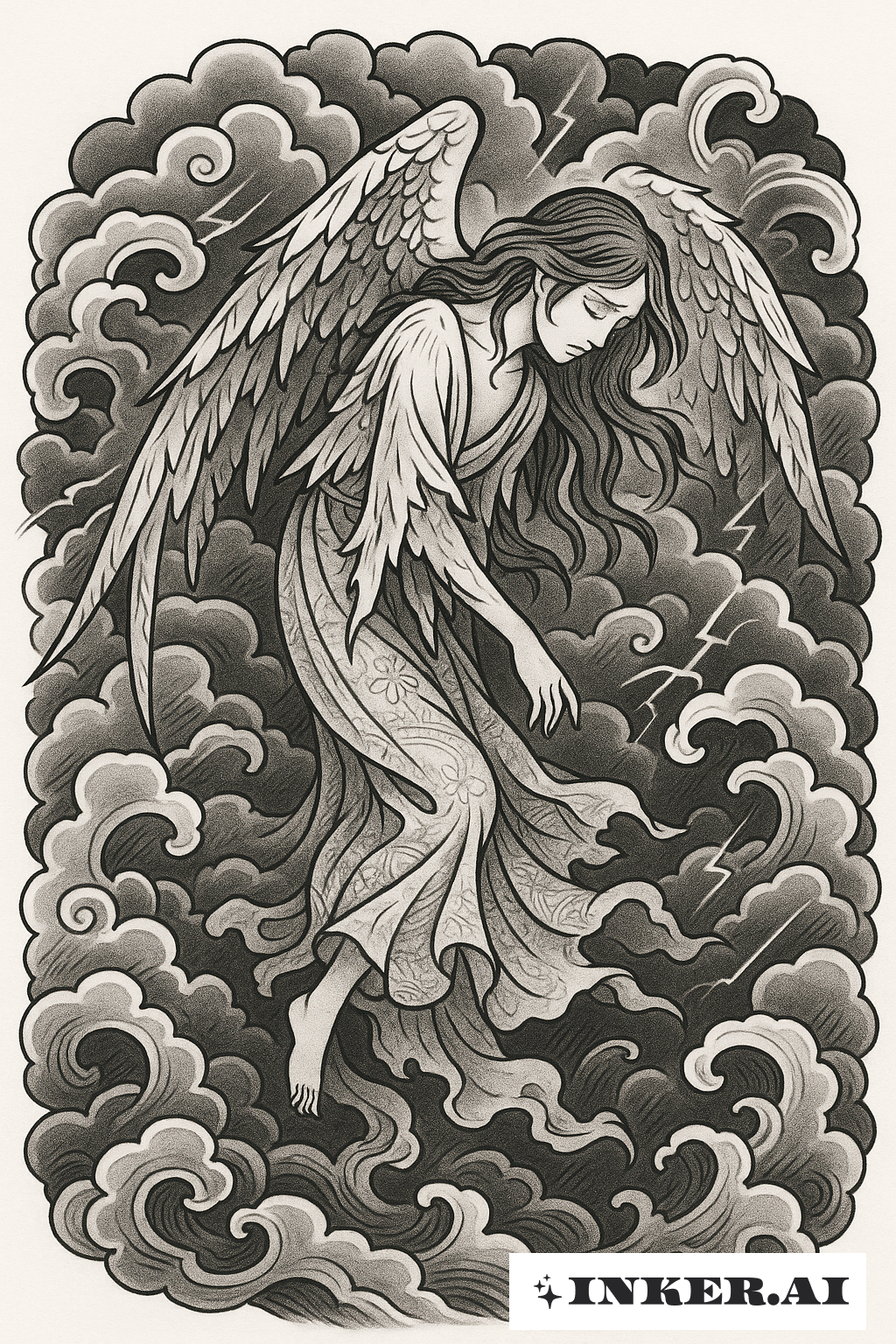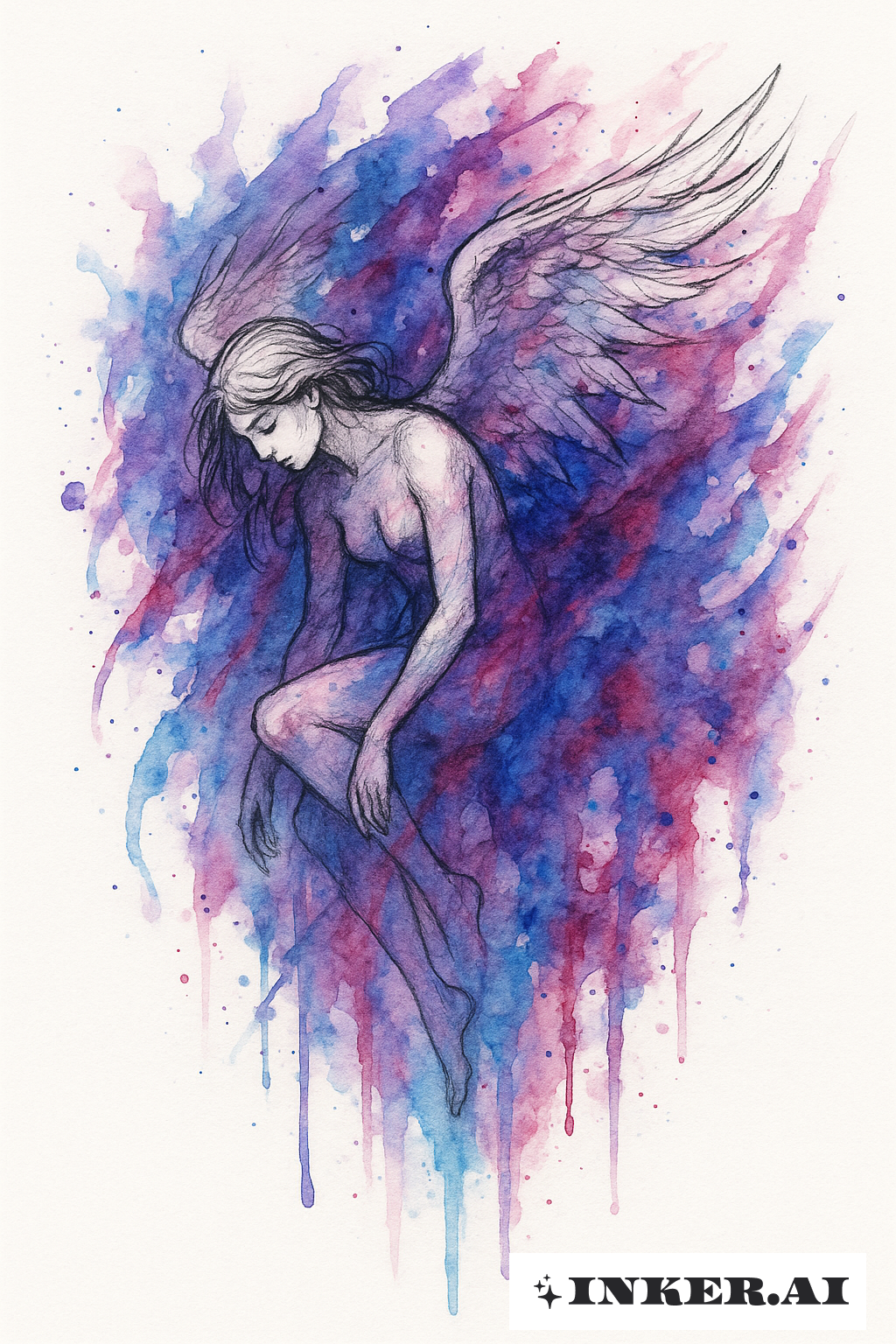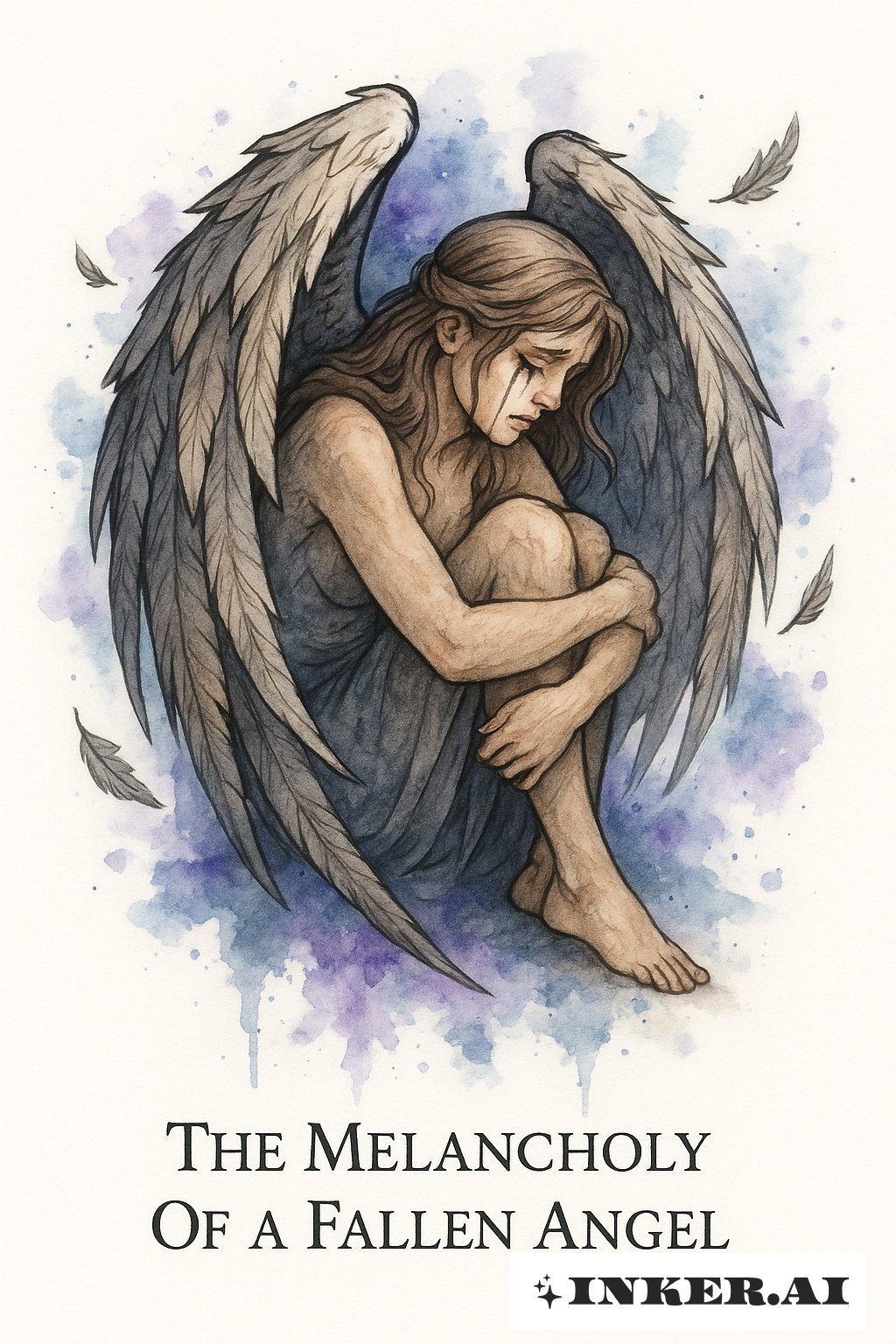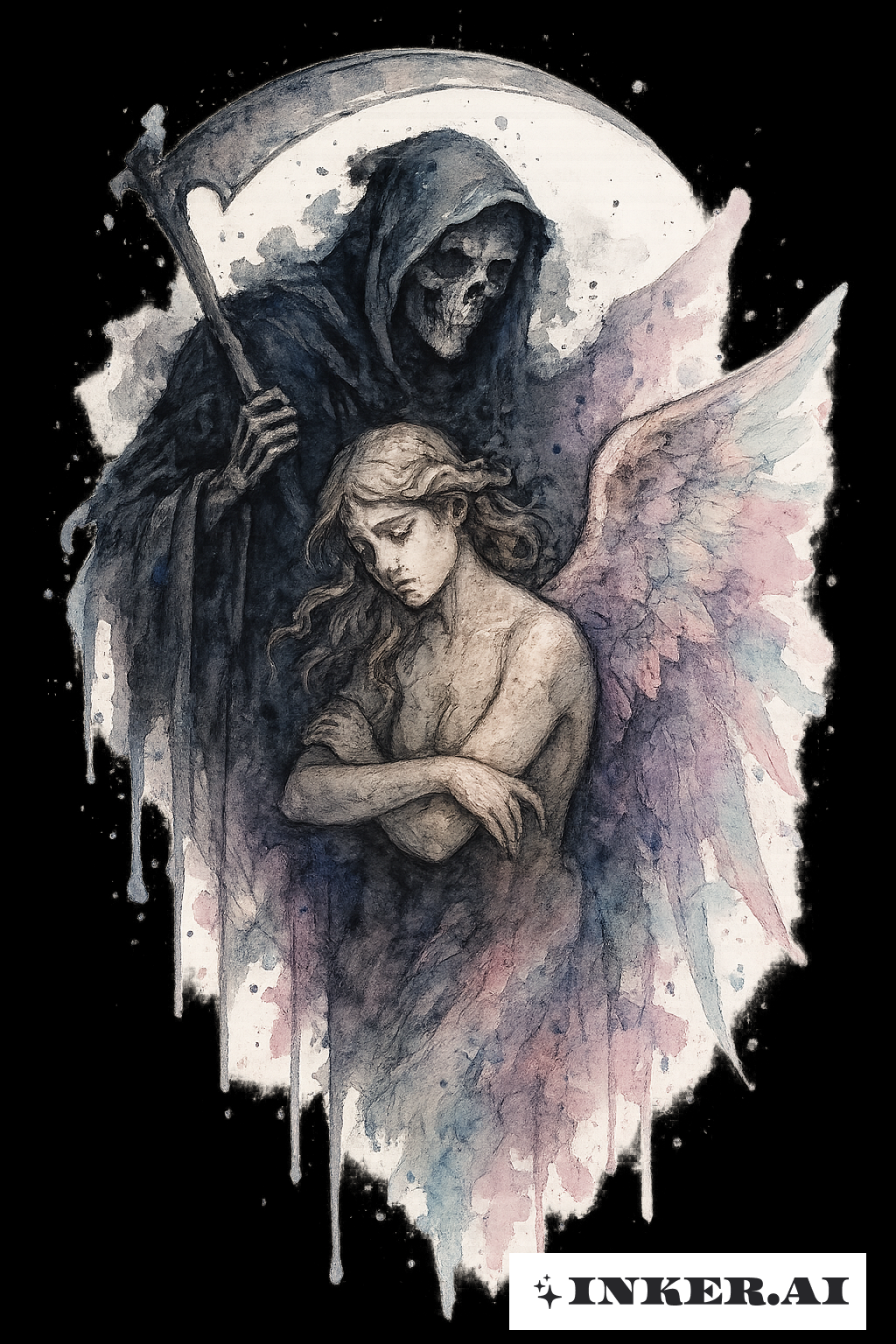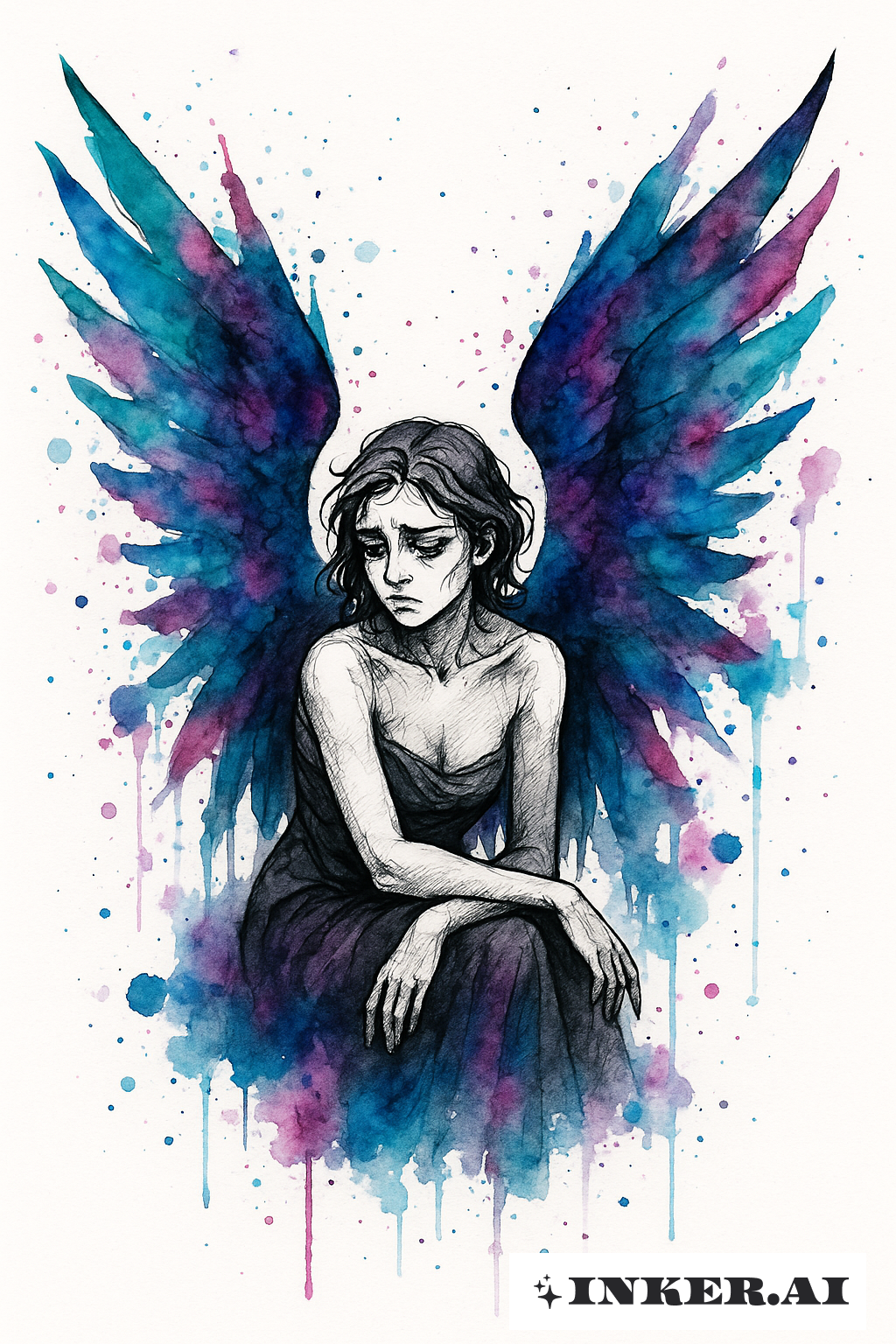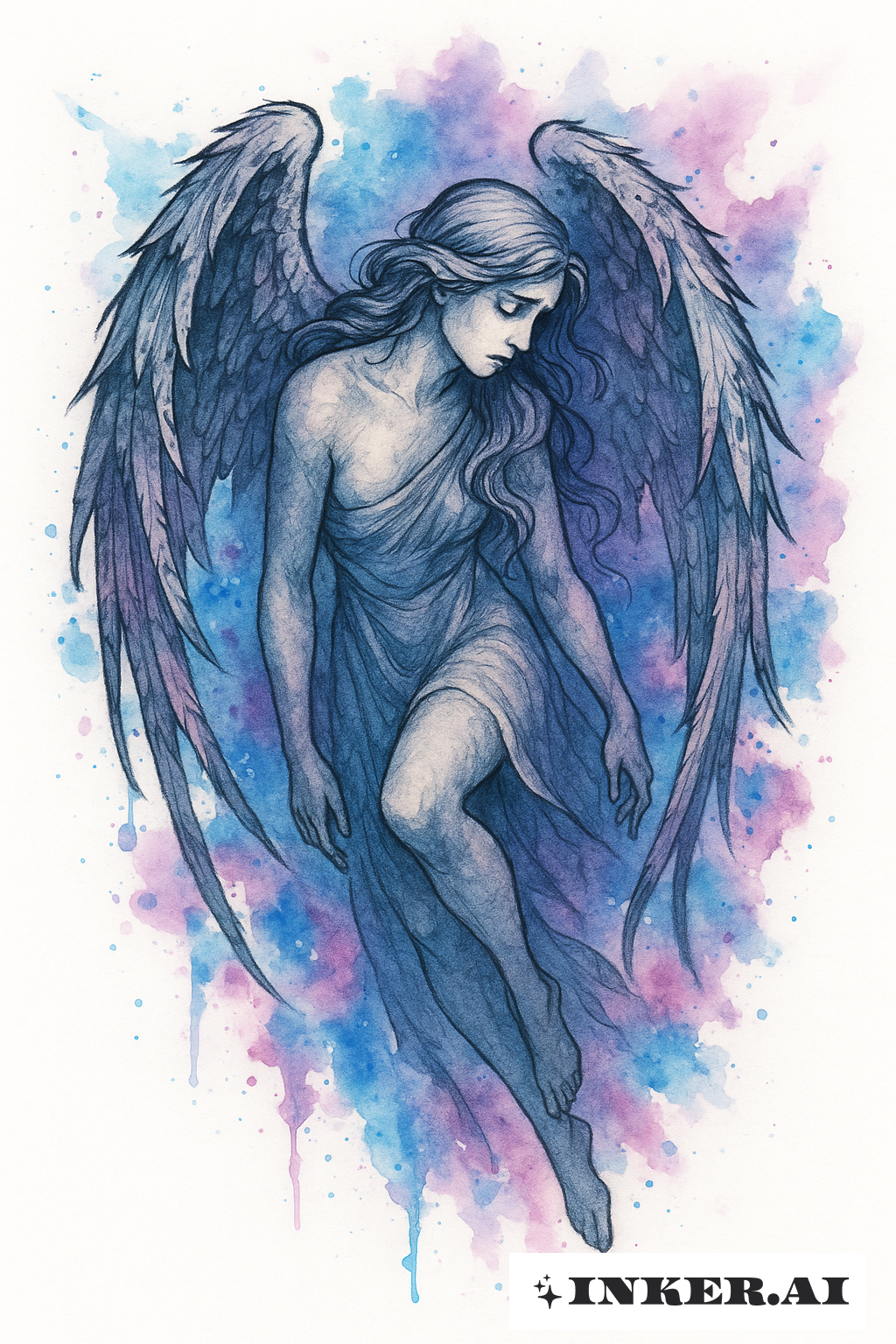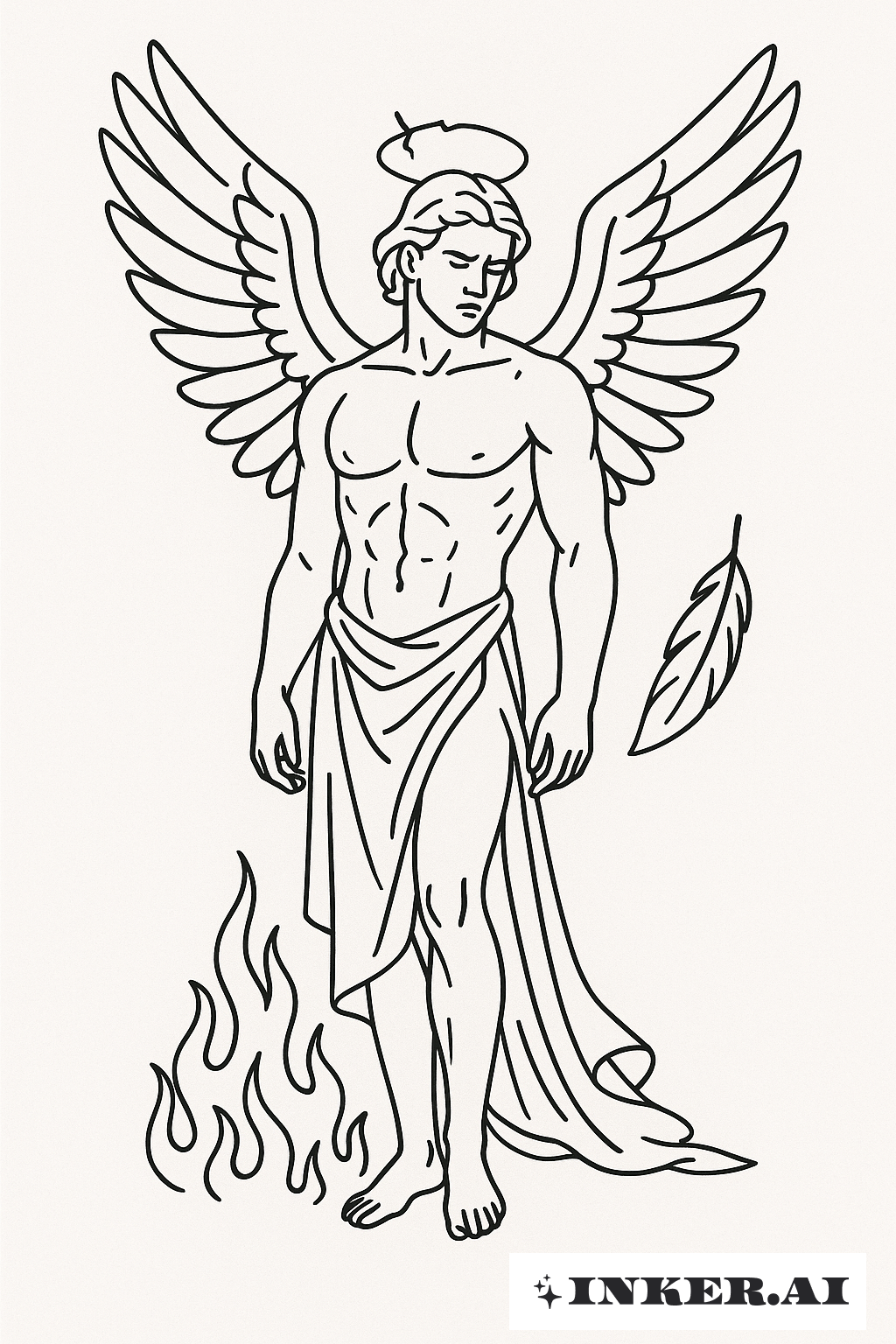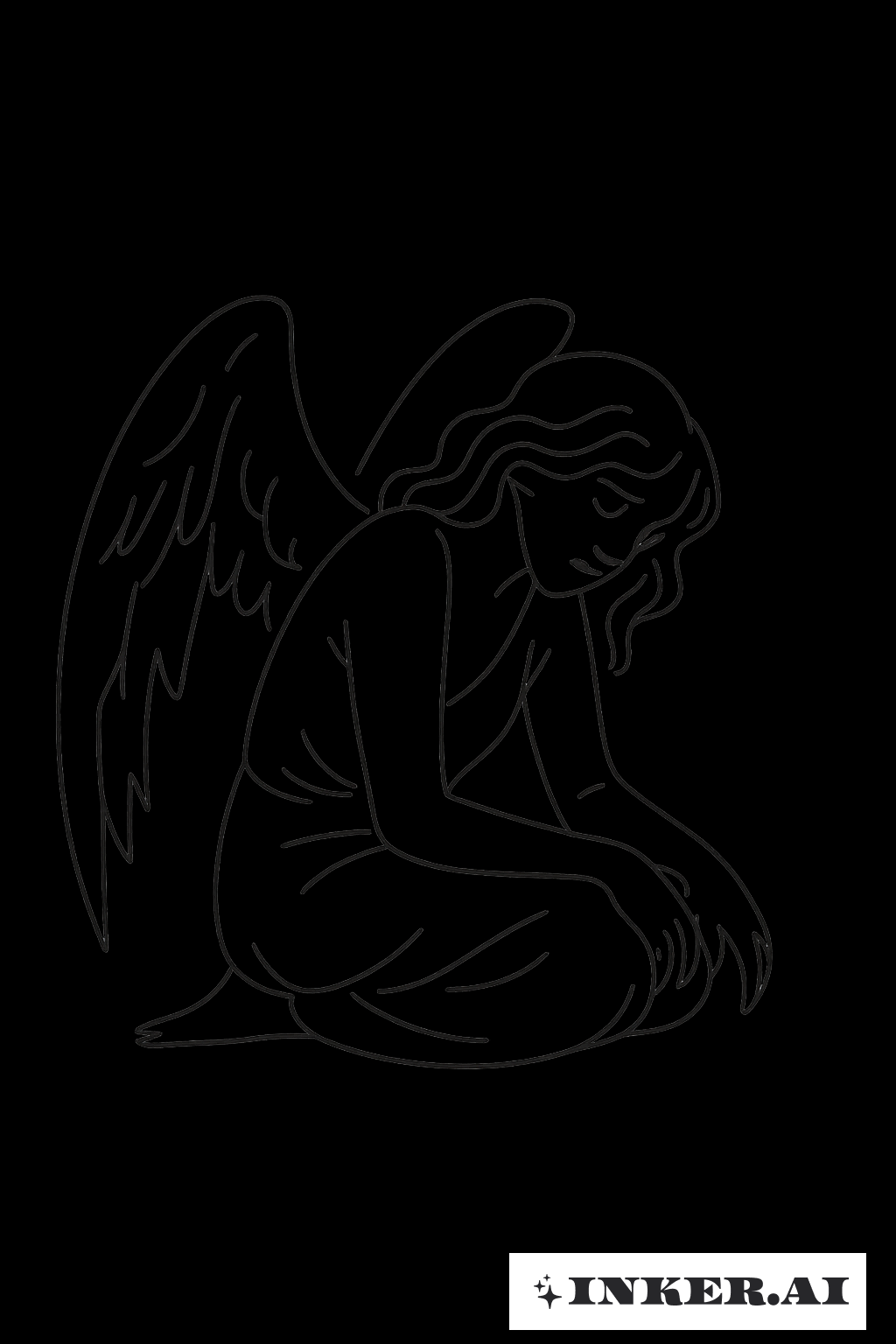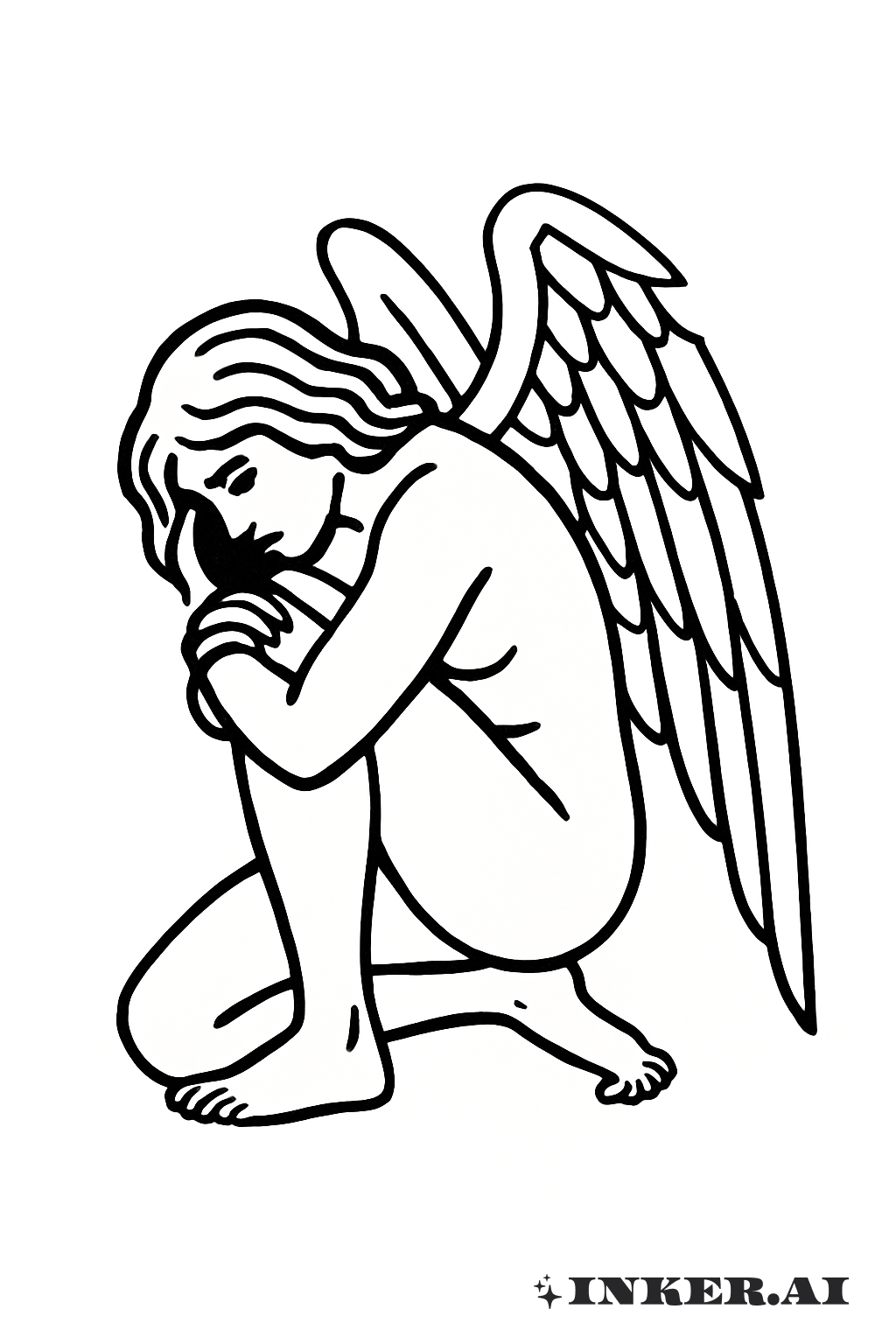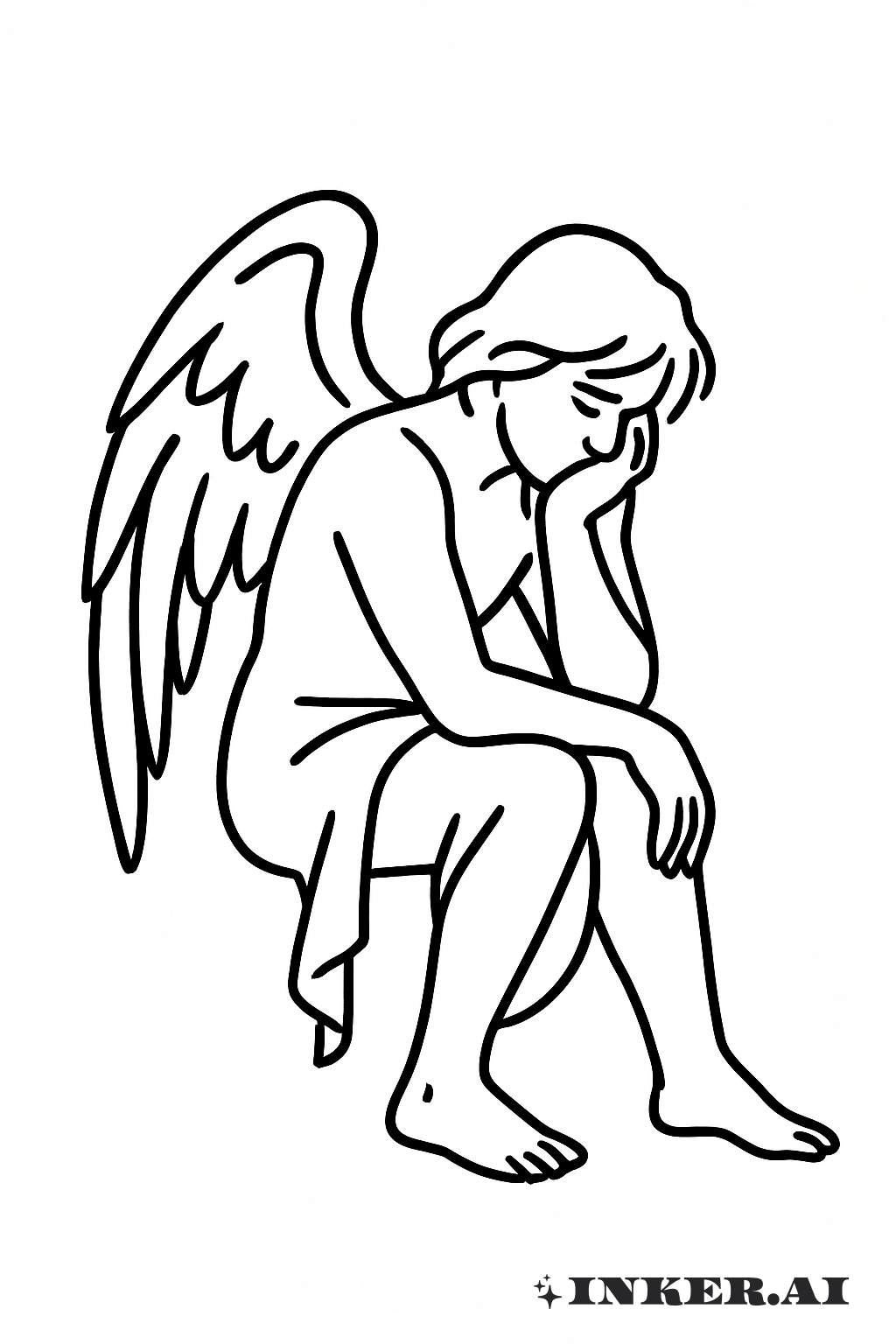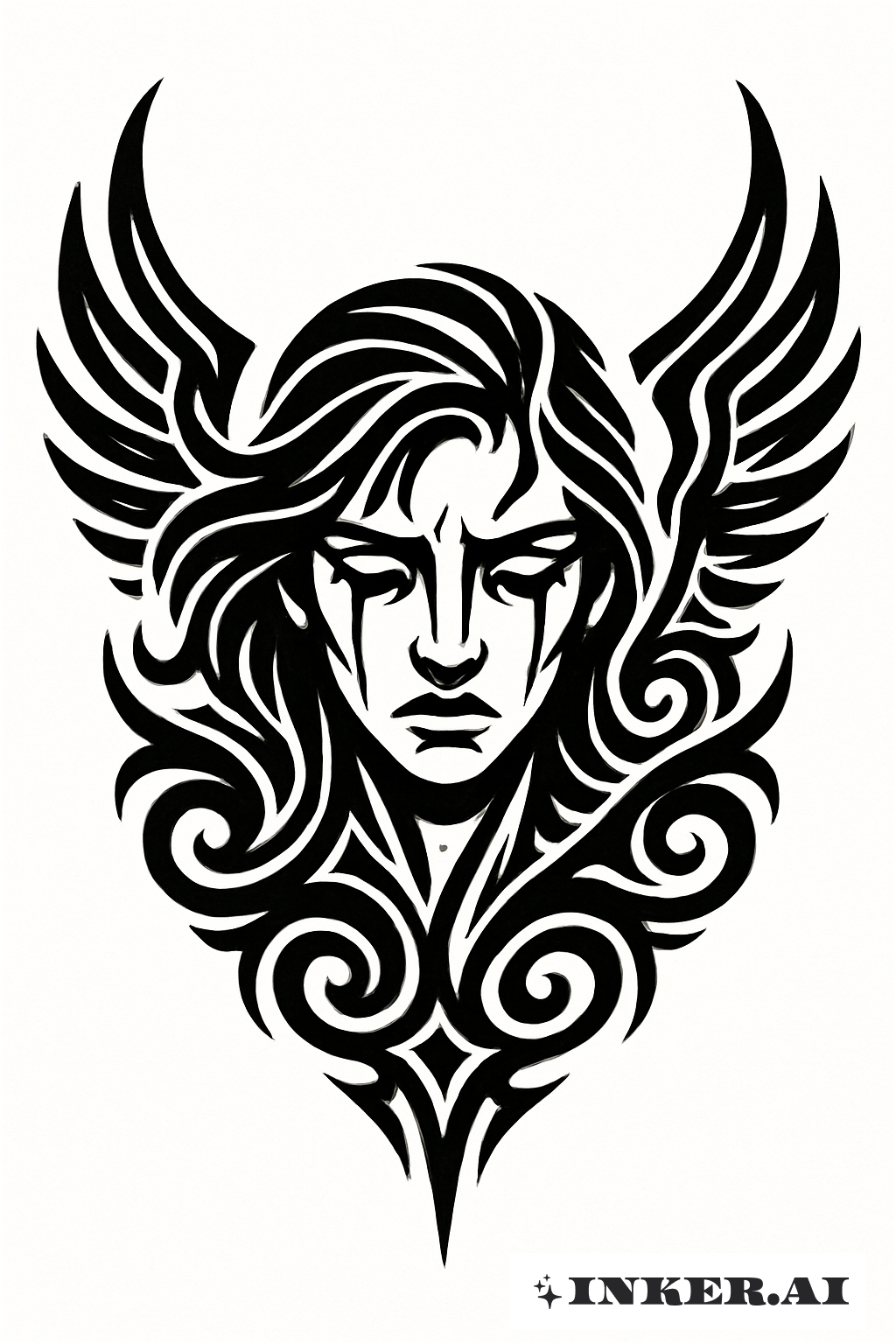Cultural Meaning Of Fallen Angel Amidst Irezumi Storm Clouds Tattoo Design
Symbolically, the tattoo weaves dual cultural narratives. The fallen angel, central to the Fallen Angel tattoo idea, embodies themes of rebellion, redemption, and the eternal struggle between good and evil. Coupled with the Japanesetattoo style, the piece emphasizes the ephemeral nature of life mirrored by the transient and ever-shifting storm clouds. In Japanese culture, clouds often signify change and unpredictability, weaving Buddhist notions of impermanence. Meanwhile, the angel evokes Judeo-Christian elements, exploring divine descent and morality. Together, these elements cultivate a rich tapestry of cross-cultural symbolism, challenging perceptions of identity, purpose, and the spiritual journey. This integration of western myth and eastern artistic tradition invites viewers to delve deeper into introspective conversations on spiritual and earthly plight, while celebrating the dynamic artistry unique to these storytelling forms.
Design Inspiration Of Fallen Angel Amidst Irezumi Storm Clouds Tattoo Design
The inspiration for this tattoo design draws from the fusion of eastern and western mythologies, particularly the juxtaposition of the celestial against the chaotic. By incorporating the Fallen Angel tattoo idea within the vivid Japanesetattoo style, the artist seeks to explore themes of transcendence, turmoil, and the spiritual plight. The swirling irezumi clouds serve as a metaphor for life's unpredictability, while the angel represents grace and fallibility — elements sourced from historical narratives and personal introspection. This cross-cultural canvas not only celebrates mythic storytelling but also embraces artistic expressions of cultural connections and philosophical inquiry.
